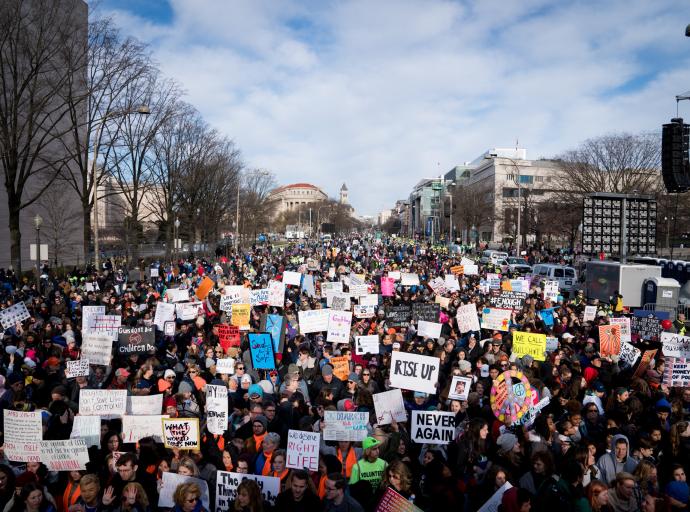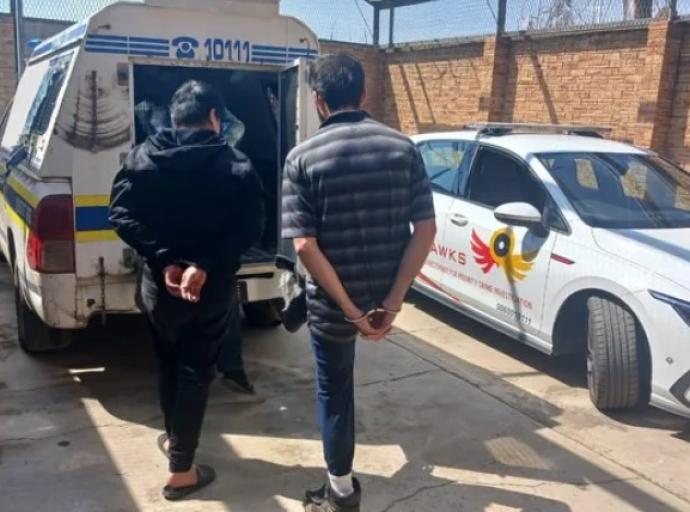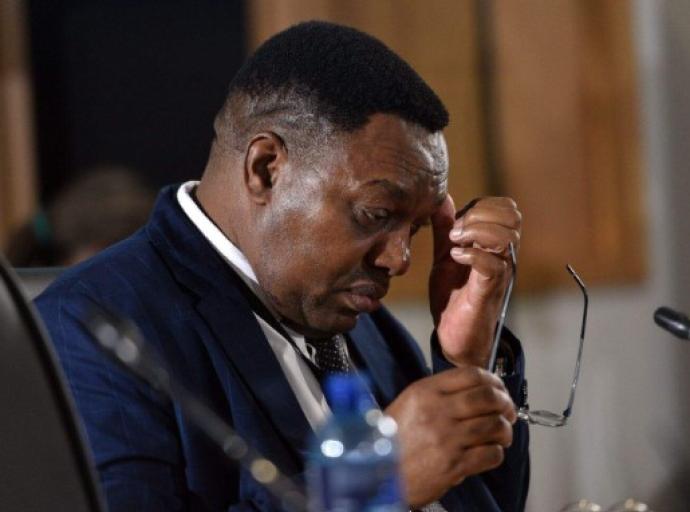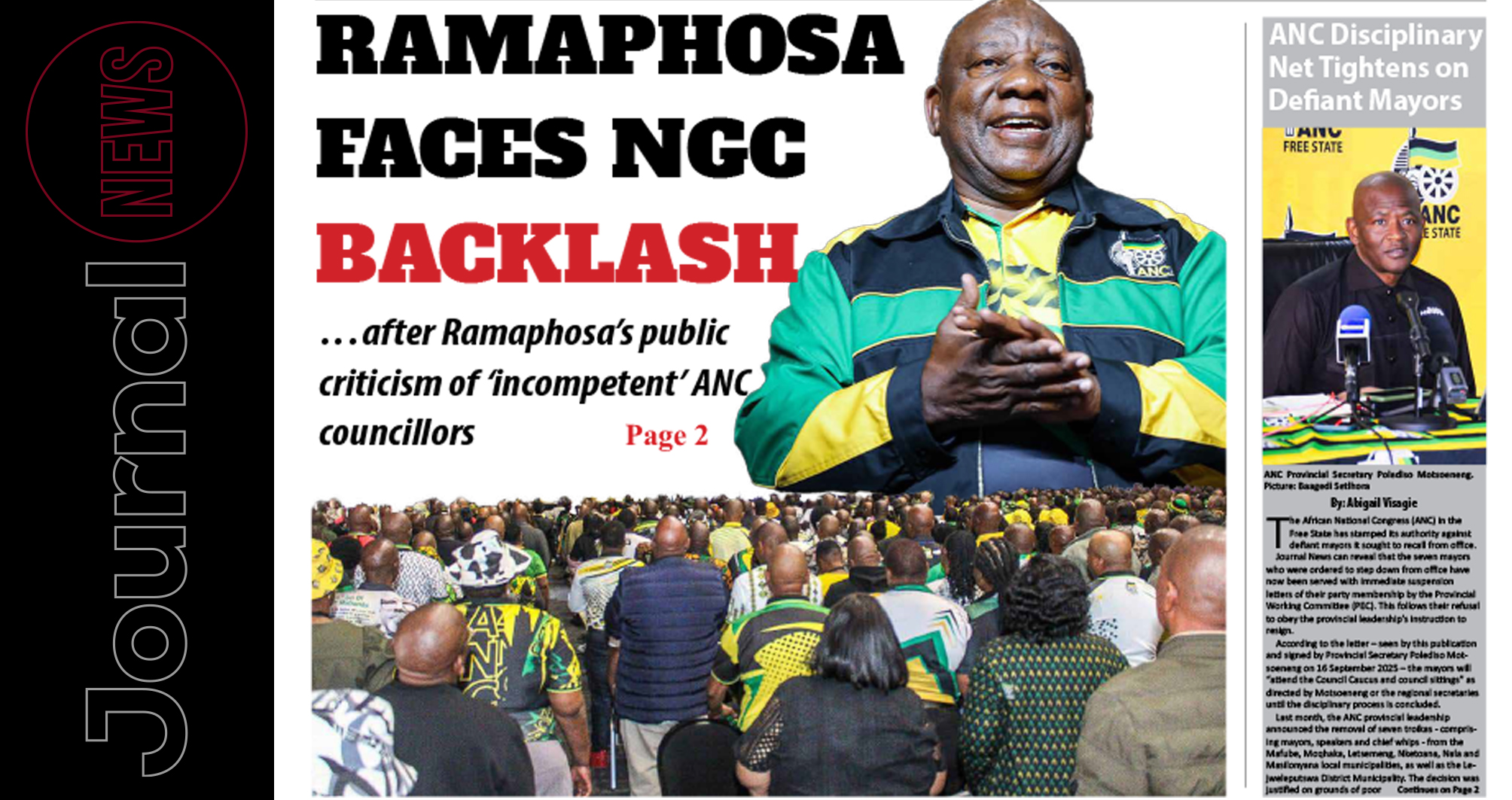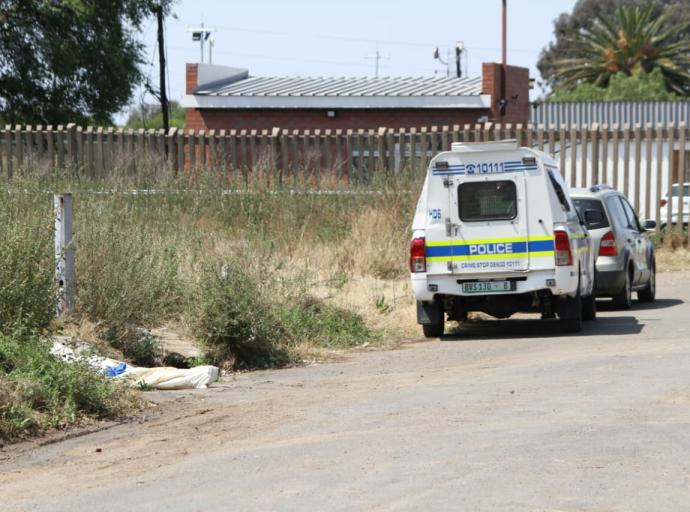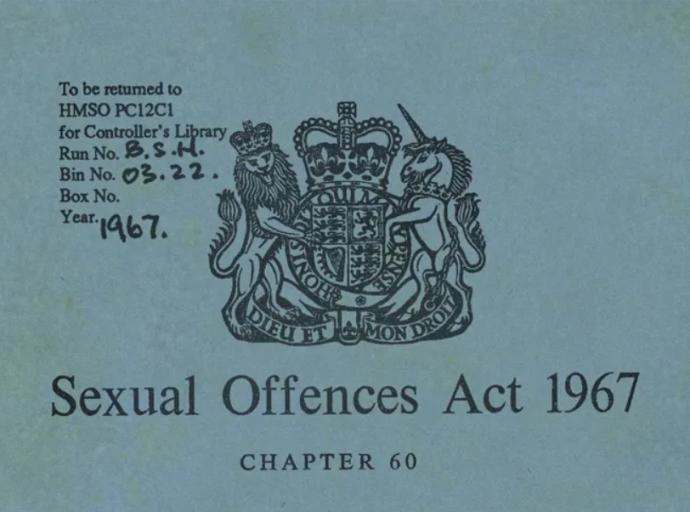The Gauteng Department of Education has promised to enlist the help of law enforcement agencies to help prevent Operation Dudula from disrupting the province's academic programme in the new academic year.
This comes as Operation Dudula visited some Soweto schools, with allegations that they prioritise undocumented illegal foreigners in their system.
Yesterday, the movement and its leader, Zandile Dabula, who have been criticised for their nationwide campaign aimed at preventing illegal foreigners from accessing health care, delivered warning letters to 11 Soweto schools ahead of the next academic year.
The movement said it was calling on public schools in townships to prioritise South African learners over foreign nationals, with the movement adding that this initiative is part of a broader campaign ahead of next year’s local government elections.
"We have been to four schools now, and we have a target of 11 schools. We are glad that some of the schools do admit the wrongs that are happening in their schools. Another issue that we do have is undocumented South Africans. They are not getting help from Home Affairs when they are given three months' probation to become documented," Dabula said.
The campaign began with a visit to the Lofentse High School for Girls in Orlando East, Soweto, and Noordgesig Primary School, among others, where "warning letters", stating that no South African child would be deprived of education in favour of foreign nationals, were delivered.
The campaign comes just two days after the EFF in Gauteng opened a criminal case against the movement, accusing the militant group of inciting violence and unlawfully targeting foreign nationals at public healthcare facilities in South Africa.
This was confirmed on Sunday by the Gauteng police spokesperson, Lieutenant Colonel Mavela Masondo, who revealed that investigations are underway.
According to the EFF, the case relates to the death of a one-year-old baby whose mother was allegedly denied access to healthcare at a public health facility.
This campaign has also been slammed by Gauteng provincial MEC Nomantu Nkomo-Ralehoko, who said: "Health services are for everybody. It doesn’t matter whether that mother is having a child who is Malawian, but that child is a child that doesn’t deserve to die.”
Reacting to the latest school campaign, provincial spokesperson for the Gauteng Department of Education, Steve Mabona, said the province has a duty to provide education to all children, including those deemed undocumented and illegal, as there are also South Africans who may be undocumented.
"All children of school-going age must be in school. Now it is even worse because there is Grade R, and the law dictates that they must be taught. We argue that it is not only foreigners who are undocumented. We do have South Africans who are undocumented. We also work closely with the Department of Home Affairs, and we guide parents on how to get their children documented," he said.
On the upcoming campaign set to start in the new year at schools across the country, Mabona said the department will not allow for schooling to be disrupted by those seeking to prevent undocumented children from accessing education.
"It is not unreasonable for anyone who is here in the country illegally to be deported, but that is the work of Home Affairs...Unfortunately, as a department, we cannot enter into their plan. But as a department, we have a responsibility to work very closely with the law enforcement agencies to make sure that there is law and order in our schools.
"Anything that you do, as long as it is within the confines of the law, should not be a problem. But if you go into our schools and do anything unlawful, then the law enforcement agencies must assist us," Mabona said.
*This article was first published by IOL News

